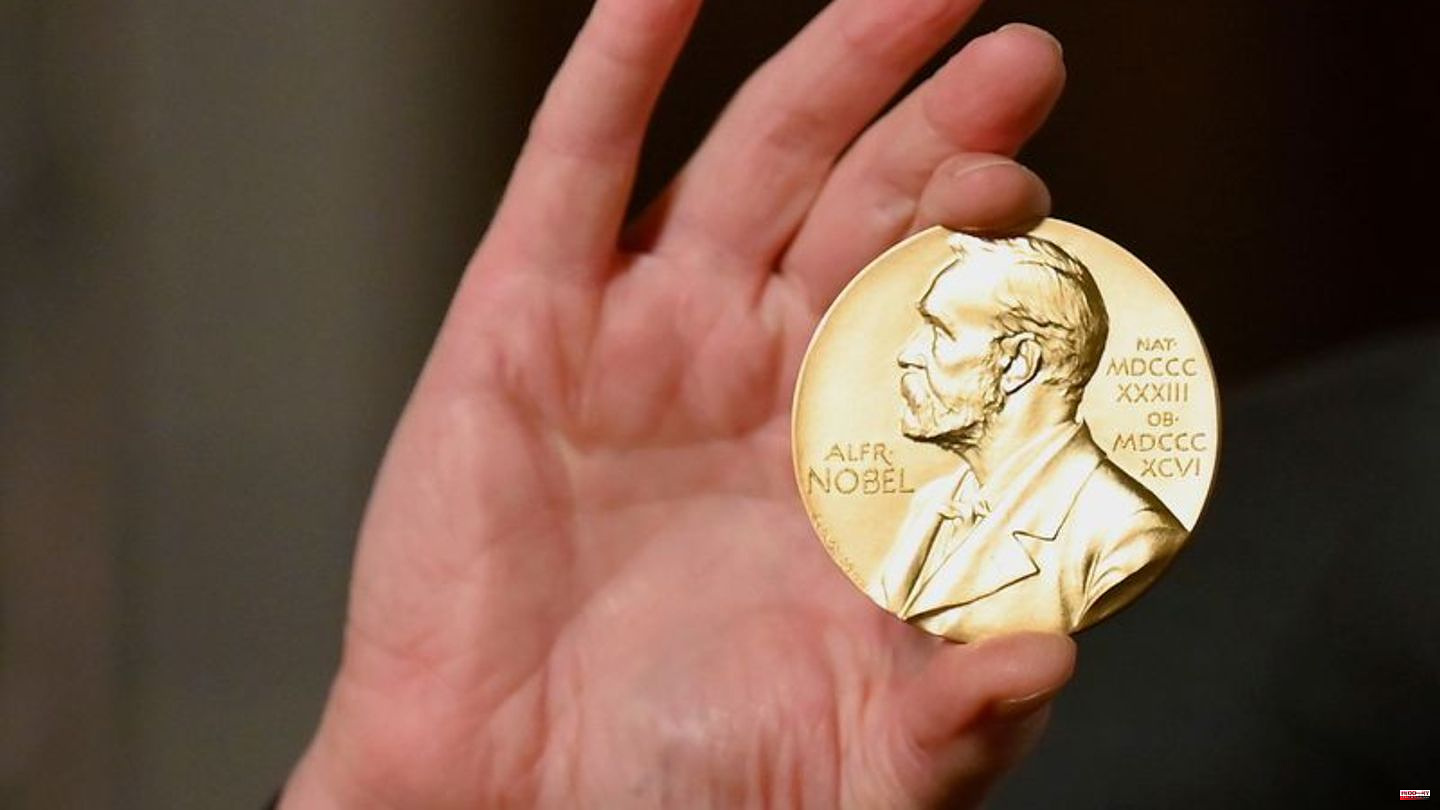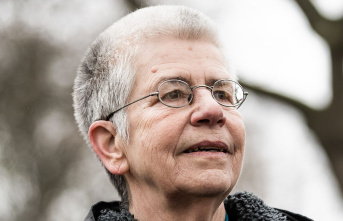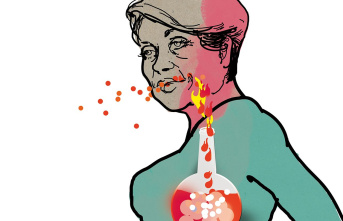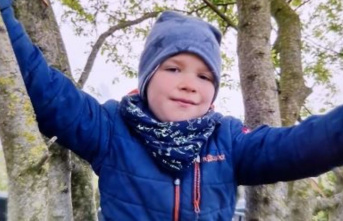Traces of the Nobel Prize party are still visible in Svante Pääbo's Leipzig office: the windowsill is full of balloons, colorful streamers lie between the leaves of a plant, and a colorful chain of pennants hangs above his desk in the Max Planck Institute for Evolutionary Anthropology. It's been more than eight weeks since the 67-year-old Swede found out at the breakfast table that he was being honored this year with the Nobel Prize in Medicine for sequencing the Neanderthal genome.
Pääbo will now receive the award in person on Saturday (December 10) - fittingly in his native Sweden and from the hands of King Carl XVI of Sweden. gustaf At a festive ceremony in Stockholm, Pääbo and most of this year's other award winners will receive their renowned Nobel medals. Only the Nobel Peace Prize winners are traditionally honored on the same day in Oslo.
Founder of Paleogenetics
Pääbo is the only one of this year's award winners who works in Germany. At the center of this work are traces from the distant past, especially those of extinct human forms. While still a doctoral student, he proved that the hereditary molecule DNA can survive in ancient Egyptian mummies. Today he is considered the founder of the discipline of paleogenetics.
While everything used to revolve around Neanderthals, modern humans are now the focus of their thirst for knowledge, says Pääbo in an interview with the German Press Agency. He wants to know what has changed along the human line in half a million years and what makes us humans so unique.
Like father, like son
In his family, Pääbo is the second recipient of the Nobel Prize, which is named after the Swedish dynamite inventor and prize donor Alfred Nobel (1833-1896): 40 years ago, the responsible Nobel Committee awarded the prize to his father, the biochemist Sune Bergström.
Pääbo explains that he only wrote his speech for the award ceremony in Stockholm a few days beforehand. He was a little excited before the award ceremony - of course - but only before certain parts: He "had to say something for three minutes at the banquet. And then there is a TV show where the award winners sit on a sofa and discuss. That makes me most nervous because I don't know what's going to be discussed there."
He is going to Stockholm with his wife, also a scientist, and their two children. After Papa accepted the Nobel Prize, the family drove to their holiday home in southern Sweden, says Pääbo. And then, according to the researcher, he hopes that everything around him will calm down a bit. Because as early as October he made it clear that he simply wanted to continue as before - and would like to be disturbed as little as possible in his work.












